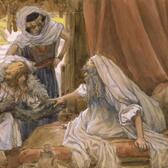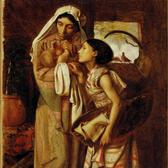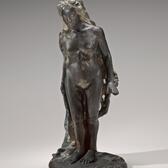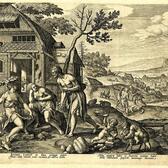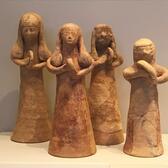Carol Meyers
Carol Meyers, the Mary Grace Wilson Professor Emerita in Religious Studies at Duke University, specializes in biblical studies, archaeology, and women in the biblical world. She has published more than 450 articles, reports, reference-book entries, and reviews; and she has authored, co-authored, or edited 22 books including Rediscovering Eve: Ancient Israelite Women in Context, a landmark study of women in ancient Israelite society. She has served on many editorial and academic boards, was associate editor of The Torah: A Woman’s Commentary, and was recently President of the Society of Biblical Literature.

